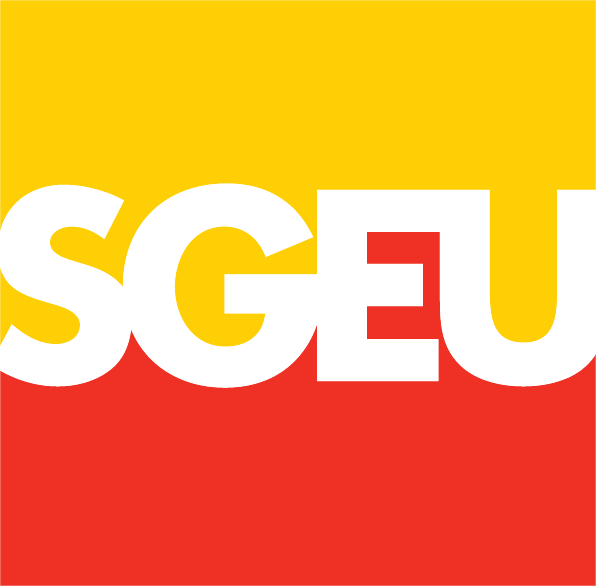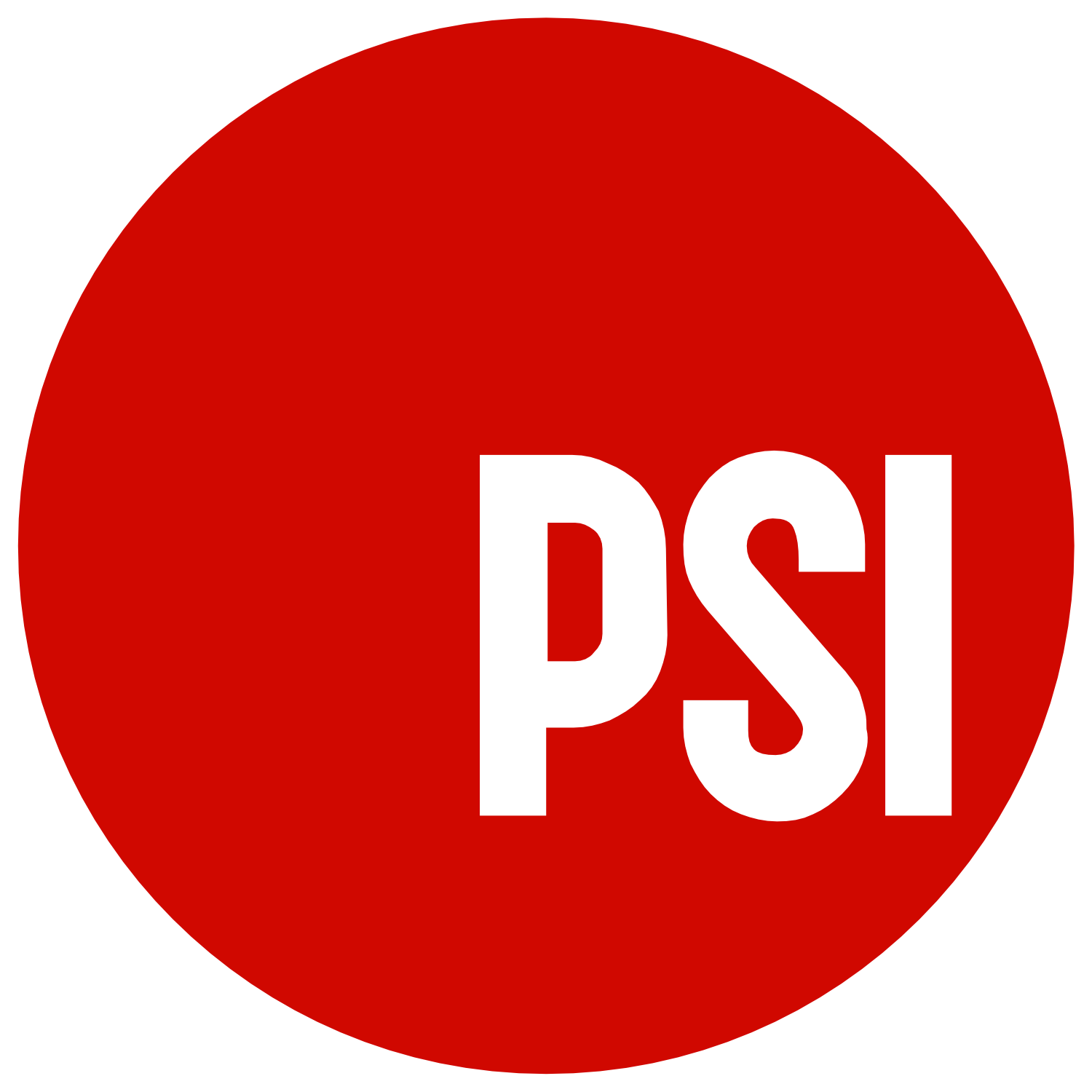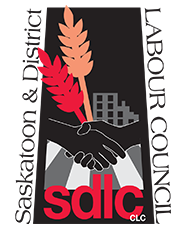RALLY FOR SASKATCHEWAN MARCH 8, 2017
Want to phone or email your MLA? Click here for their contact info.
Can’t join on March 8? Send a message with one of these signs. Print off this sign, write in your message, take a photo with the sign, and share on social media to #Rally4SK
12:00 noon at the Legislative Building in Regina 2405 Legislative Drive. For more information click on the printable poster.
City of Regina Bus Information
THIS IS FOR ALL OF SASKATCHEWAN
Do you need a ride? CONTACT: Rally3817@gmail.com
For more information please call 306.522.8571
The following are the scheduled buses going to the rally;
NOTE: ALL BUSSES WILL BE RUNNING AS SCHEDULED NO MATTER THE WEATHER
North Battleford - Arrives: 6:30am at the parking lot near Wal-Mart
Leaves 7:00am
Tisdale - Arrives: 6:30am at the parking lot near Robin's Donuts
Leaves 7:00am
Prince Albert - Arrives: 6:30am at the parking lot near Marquis Inn and Suites
Leaves 7:00am
Melfort - Arrives: 6:30am at the parking lot near Canadian Tire
Leaves 7:00am
Saskatoon - Arrives: 7:30am at the parking lot near Cabela's
Leaves 8:00am
Yorkton - Arrives: 7:30am at the parking lot near Gallager Centre
Leaves 8:00am (This bus will stop in Fort Qu'Appelle)
Fort Qu'Appelle - Arrives 9:00am at the parking lot near A&W
Leaves 9:15am
Swift Current - Arrives: 7:30am at the parking lot near Wal-Mart
Leaves 8:00am (This bus will stop in Moose Jaw)
Moose Jaw - Arrives 9:45am at the parking lot near Wal-Mart
Leaves 10:00am
Weyburn- Arrives: 8:30am at the parking lot near Wal-Mart
Leaves 9:00am
Estevan - Arrives: 6:30am at the parking lot near Wal-Mart
Leaves 7:00am
A few ideas for posters:














Here are just a few cuts:
Private liquor stores which will cost the province approximately 25 millions per year in revenue.
June 1: Urban Parks – the provincial budget terminates funding for five urban parks – Wakamow in Moose Jaw, Chinook Parkway in Swift Current, Pehonan in Prince Albert, River Valley in Battlefords and Tatagwa in Weyburn – for a total cut of $540,000.
June 1: Buffalo Narrows CCC – the budget includes the closure of the Buffalo Narrows Community Correctional Centre, a minimum-security facility that allows inmates to interact with the community. The closure saves $661,000 in 2016-17, and $1 million annually after that.
June 1: Aboriginal Court Workers – the provincial budget cuts funding for the Aboriginal Courtworker Program by $574,000, a 32% cut from the previous year’s provincial funding commitment. The program, which assists Aboriginal people facing criminal charges to understand and navigate the justice system, is forced to lay off workers.
Mid-June: Teachers’ Salaries – The province reveals that it will not be covering the full cost of the wage increase that the Saskatchewan Teachers’ Federation negotiated in2014. The 1.9% increase will cost about $18 million, but government indicates It will cover only about $9 million of that, and expects school divisions to come up with the rest by finding savings. The Saskatchewan School Boards Association is not pleased.
July: Payments to Health Regions and school divisions – In July, school divisions receive a letter informing them that they will not receive their share of a Workers Compensation Board surplus repayment; the government claims the surplus instead. The amount clawed back from the school divisions is roughly $4 million, with roughly $30 million taken from the health regions.
July 28: Northern teacher education. The Northern Teacher Education Program/ Northern Professional Access Program (NORTEP-NORPAC) announces that it has been informed its provincial funding will be cut effective July 2017. NORTEP is a 40-year old organization that trains primarily Metis and First Nations students to teach in northern Saskatchewan. NORPAC, which allows northerners to take university courses that are required for professional degree programs such as nursing, dates from 1989. The funding cuts are made despite a 2014 report that shows the two programs have been highly successful, and despite a September 2015 agreement that promised 5 years of funding to NORTEP-NORPAC.
August 8: Supports for the poor and disabled – Individuals receiving supplemental social assistance payments begin receiving letters in August, informing them that their benefits will be reduced as early as September 1. A range of grandfathering clauses are terminated, and the changes end exemptions for income received through other programs when calculating payments for the Saskatchewan Assistance Program. The Ministry estimates 2,700 clients will see a reduction in benefits. However, protests ensue and the government puts the changes on hold, and in November announces that the changes to SAID will only apply to new applicants and to existing clients who change circumstances, such as by moving to a new home.
September 28: Funding for Saskatoon’s homeless shelter – The Ministry of Social Services announces it will no longer provide funding to the Lighthouse, a Saskatoon homeless shelter, to cover the stays of individuals unless they can prove they have nowhere else to go. The shelter protests that individuals may technically have shelter but be unable to go to it, such as due to intoxication, and points out that a review showed the shelter was actually saving the province money. Housing advocates and the Saskatoon police oppose the decision.
October: Mandatory coroner’s inquests for deaths in custody -- at an approximate savings of up to $100,000 per year. Following considerable pushback, in mid-November the government withdraws their planned legislation, and inquests for in-custody deaths remain mandatory.
November: Court Security -- see:
Late November/ Early December: Crime Prevention Programming in Saskatoon – The province formally puts on hold a plan to establish a Centre of Responsibility (COR) in Saskatoon, and holds back its $475,000 in funding. The COR would have been Saskatchewan’s second following the implementation of Prince Albert’s in 2011. Its purpose is to analyze, measures, and report on trends and outcomes from various agencies – police, Social Services, school districts, corrections, etc. – and recommend changes and actions. A U of S research fellow says this type of programming has repeatedly been shown to reduce crime.







